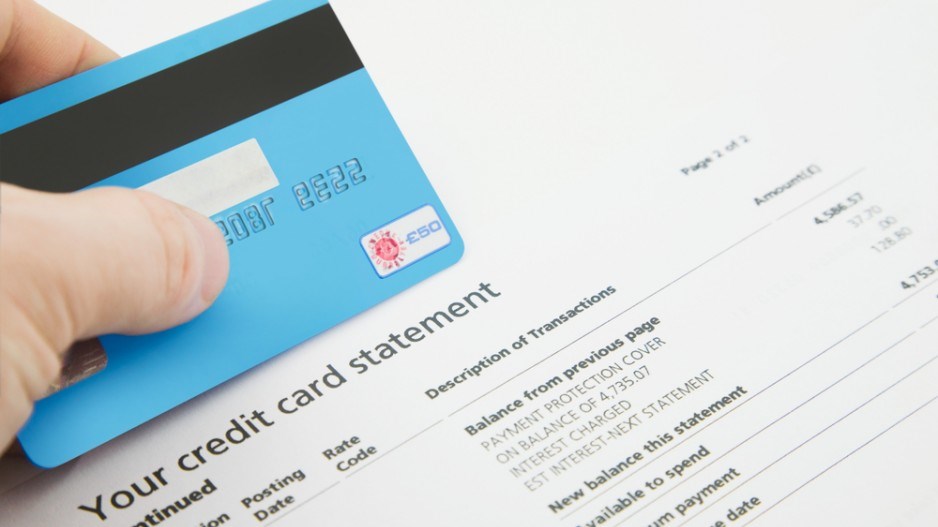The average Canadian household had $1.68 in debt for every dollar of disposable income at the end of 2018’s first quarter, according to new data from Statistics Canada.
This is the second straight quarter the debt ratio – defined as household debt as a proportion of household disposable income – has fallen. It is down almost two cents compared with $1.70 at the end of 2017, and it is more than three cents lower than the record high of $1.71 seen in 2017’s third quarter.
Priscilla Thiagamoorthy, economic analyst at BMO Financial Group, pointed out that it is typical for the ratio to fall in the first quarter of the year, but this drop is the biggest improvement on record.
“The steeper drop to start 2018 suggests we may finally be at a turning point as the one-two punch of stricter mortgage rules and higher interest rates slow household borrowing while income continues to climb,” she said in a note to investors.
“The [Bank of Canada] will look favourably on that shift even as elevated household debt remains a vulnerability.”
On a less positive note, household net worth fell 12.5 percentage points to 857.3% from 869.8% at the end of the year. This ratio measures the value of all household assets – including financial assets and real estate – as a share of disposable income.
@EmmaHampelBIV




